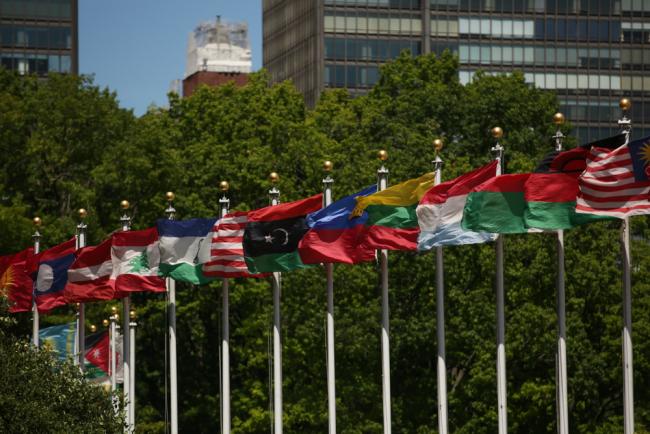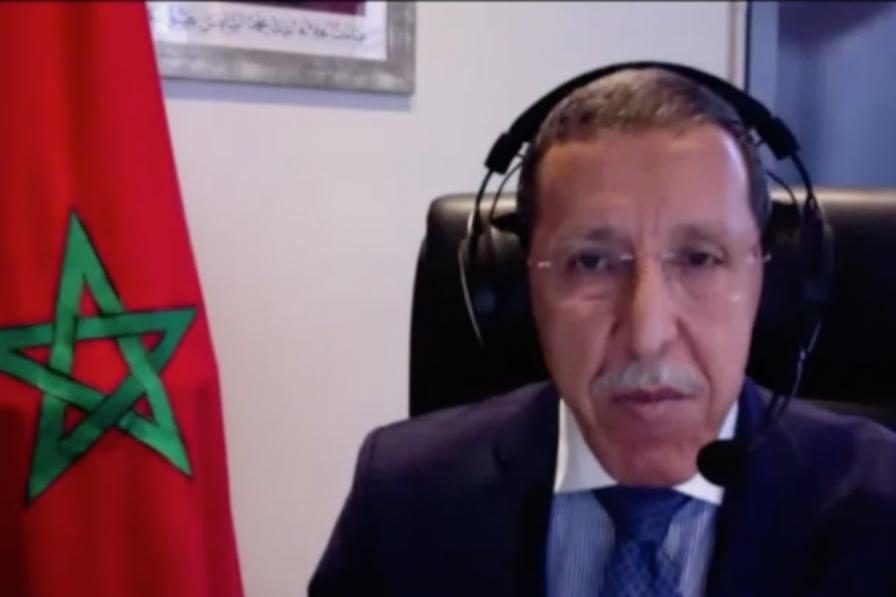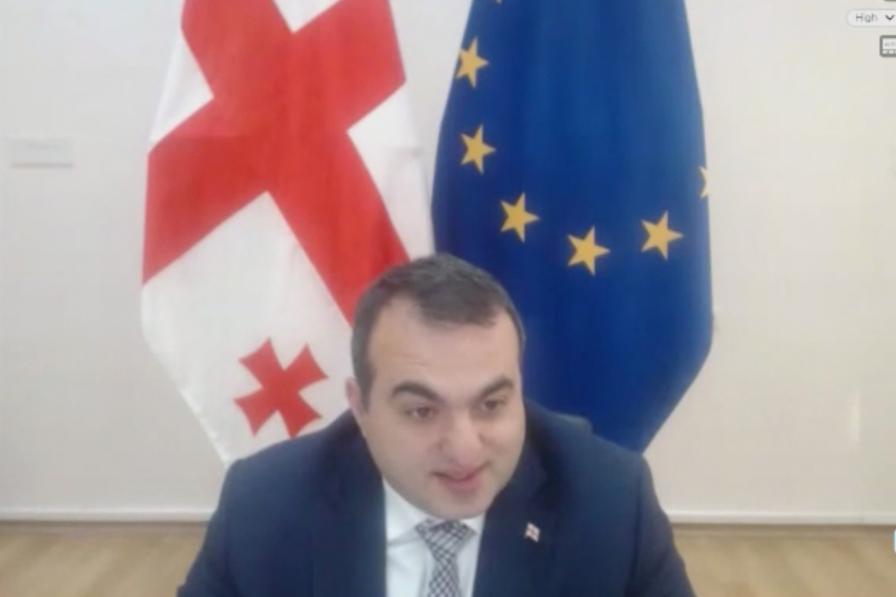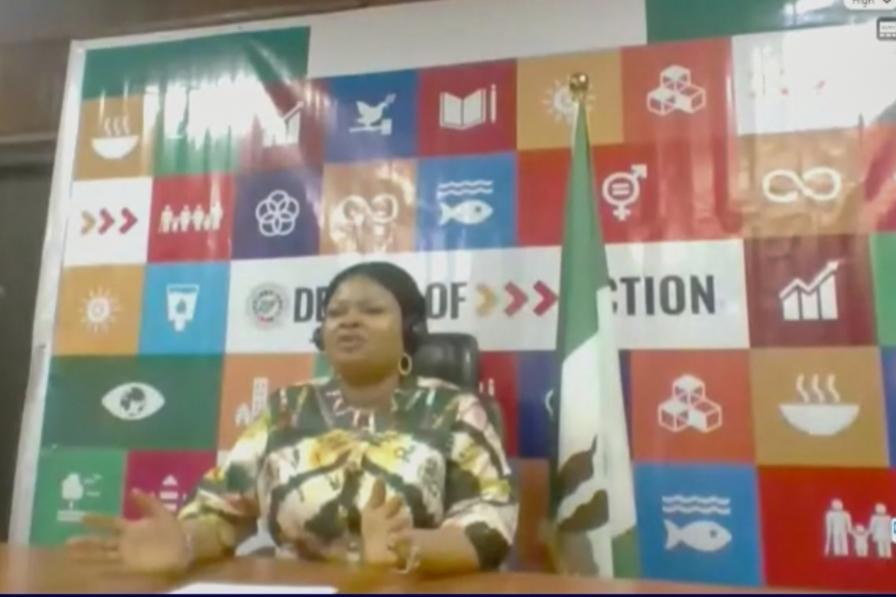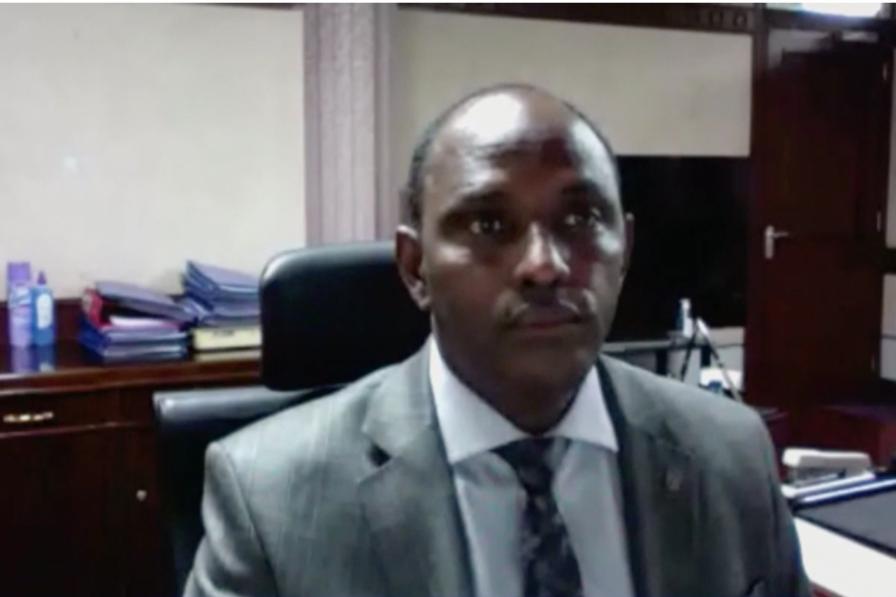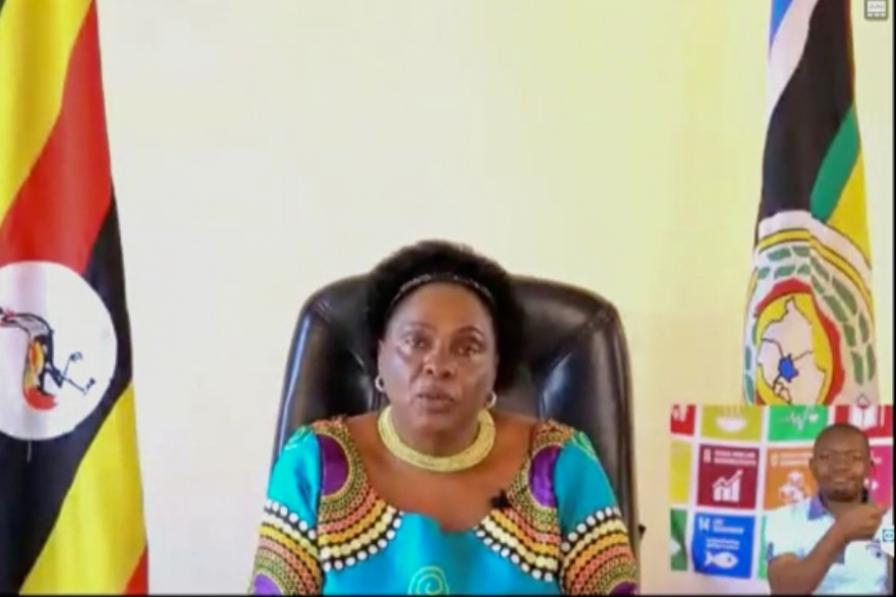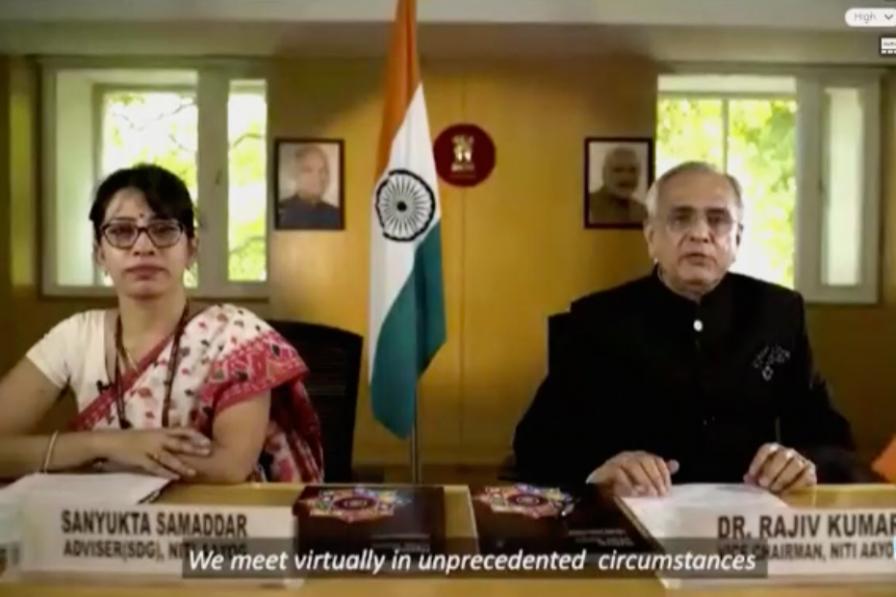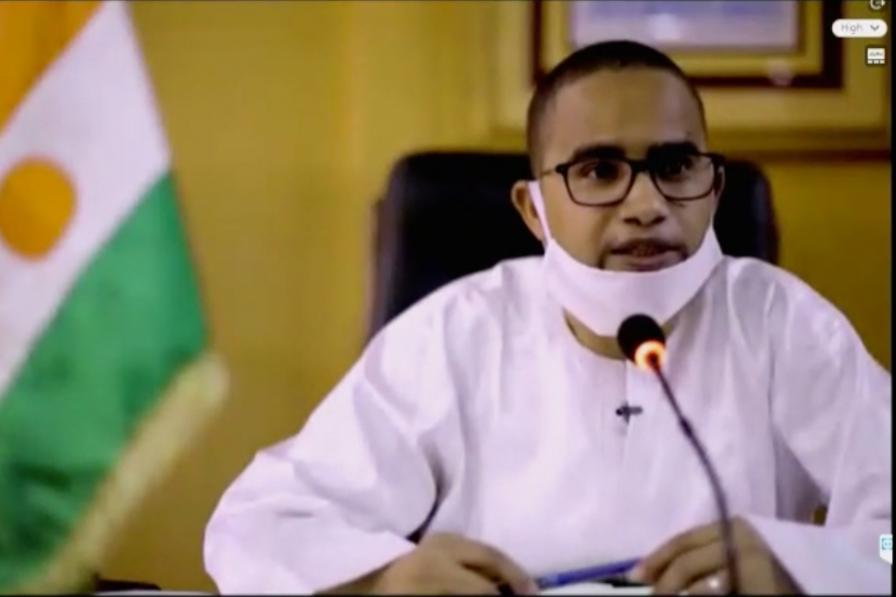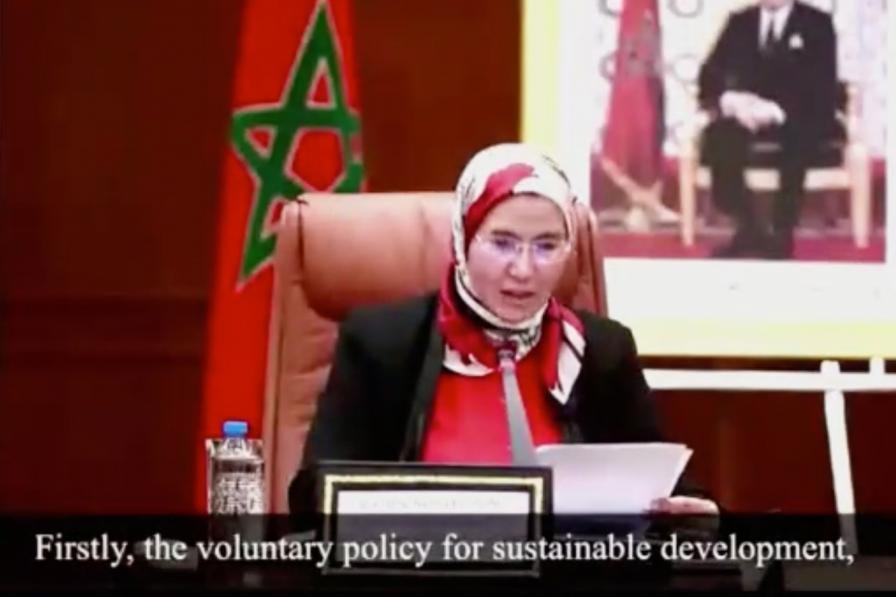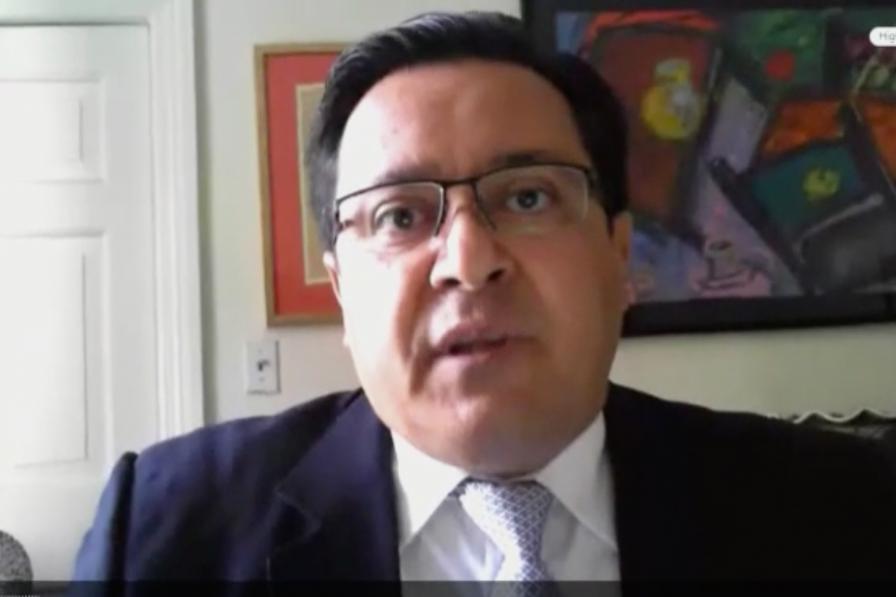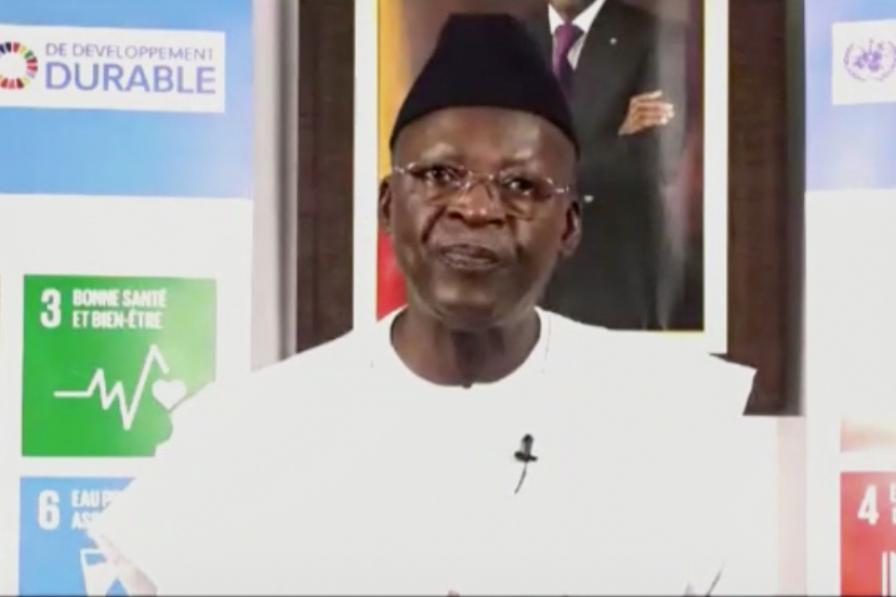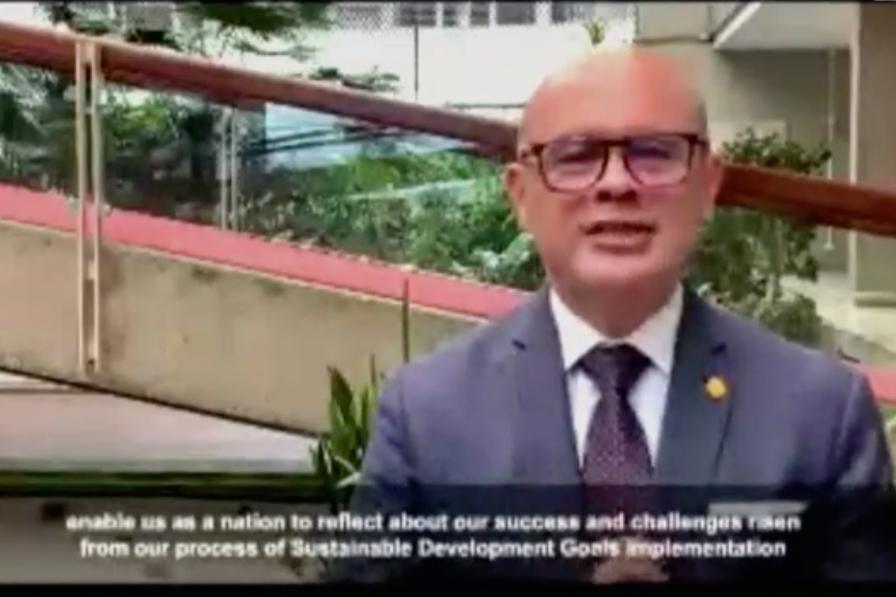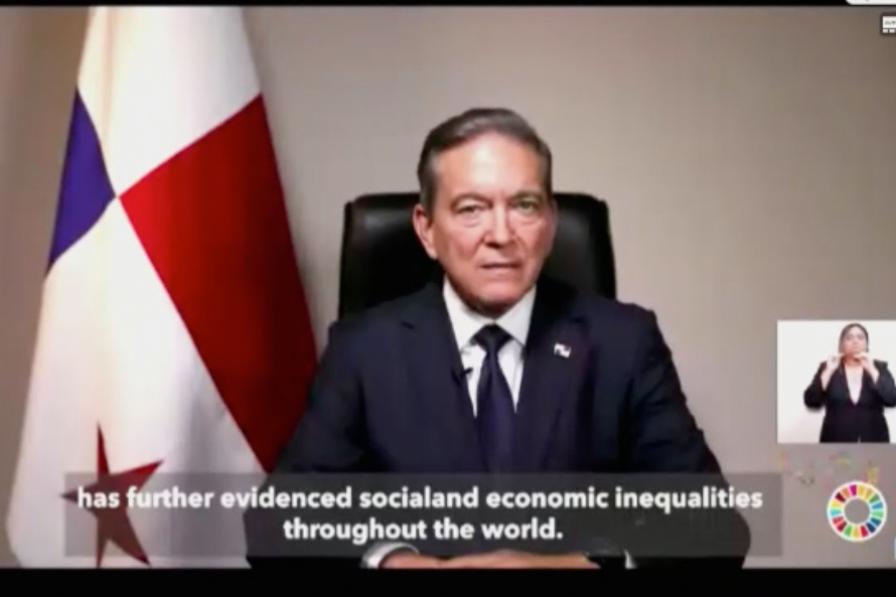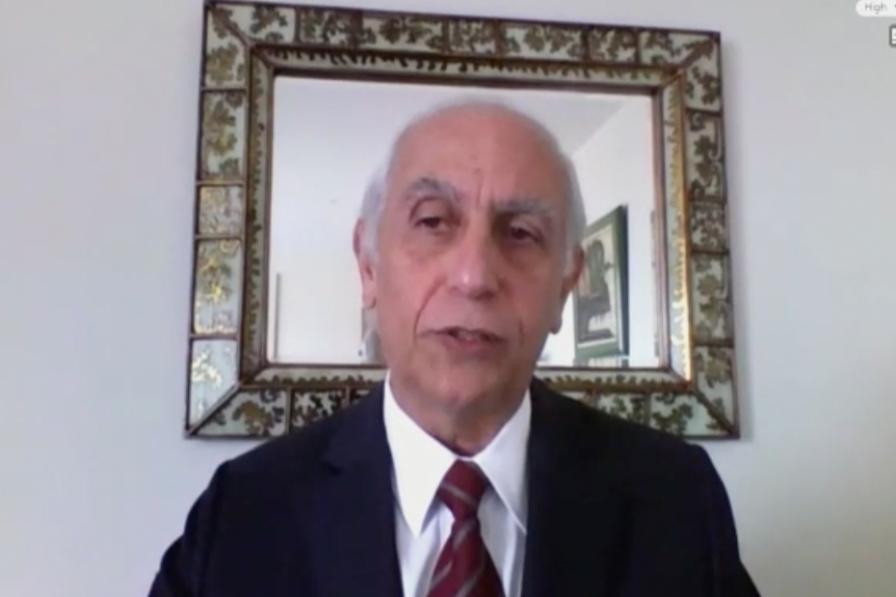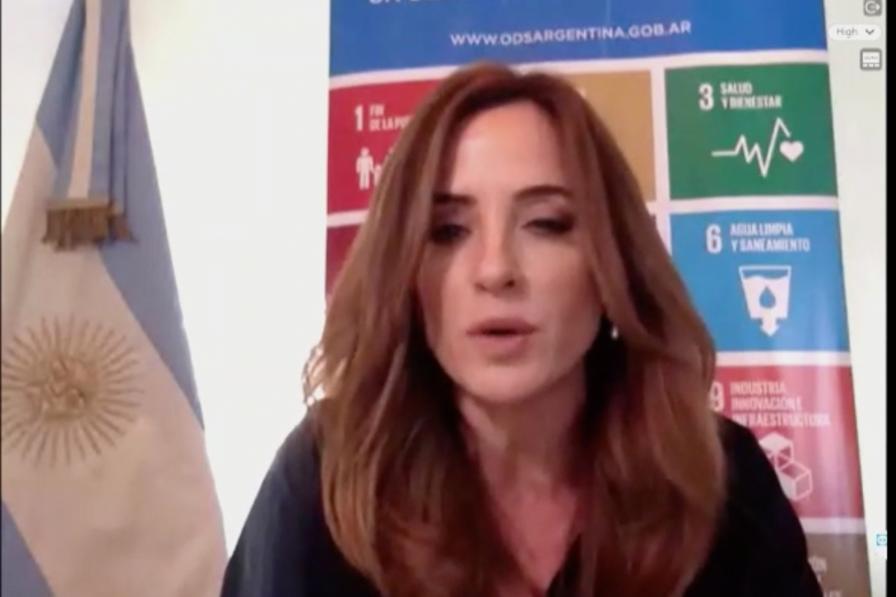Meanwhile, discussions on the ministerial declaration continued in the background, with reports of disagreement on the elements related to climate change.
The second week of the HLPF commenced with the presentation of 14 voluntary national reviews (VNRs), in which countries share their experiences, including lessons learned, successes and challenges, and plan next steps to improve implementation of the 2030 Agenda. On Monday, Nepal, Georgia, Nigeria, Kenya, Uganda, Bangladesh, India, Morocco, Niger, Panama, Benin, Costa Rica, Peru, and Argentina presented their VNRs. Given the virtual nature of this year’s meeting, the presentations were either entirely pre-recorded (including the responses to questions), livestreamed, or included a mix of both, with recorded VNR presentations and livestreamed responses to questions.
In addition to the usual VNR elements, many review reports included preliminary information on the impacts of COVID-19 on countries' SDG and 2030 Agenda-related efforts, and on initial responses. VNRs this year were also invited to include ways to strengthen policies and governance, and to mobilize partnerships for holistic implementation of the SDGs in pursuit of a better recovery. While some VNRs, like those of Nepal and Peru, included entire sections on COVID-19 and its impacts, those of other countries, like India, Benin, and Argentina, did not make substantial references to the pandemic, possibly because it is still too early for detailed data to be available. Some countries also pointed out that the pandemic disrupted their review processes, while others said they had completed many elements of the review before the pandemic struck, or were able to complete certain elements through online consultations. During the presentations, some countries described their initial socioeconomic responses to the pandemic, including social protection measures, emergency food provision, and the promotion of e-learning and online business platforms.
Meanwhile, discussions on the ministerial declaration continued in the background, with reports of disagreement on the elements related to climate change.
For more details on the day’s negotiations and to read what delegates said in the cyber-corridors, see our daily Earth Negotiations Bulletin.
